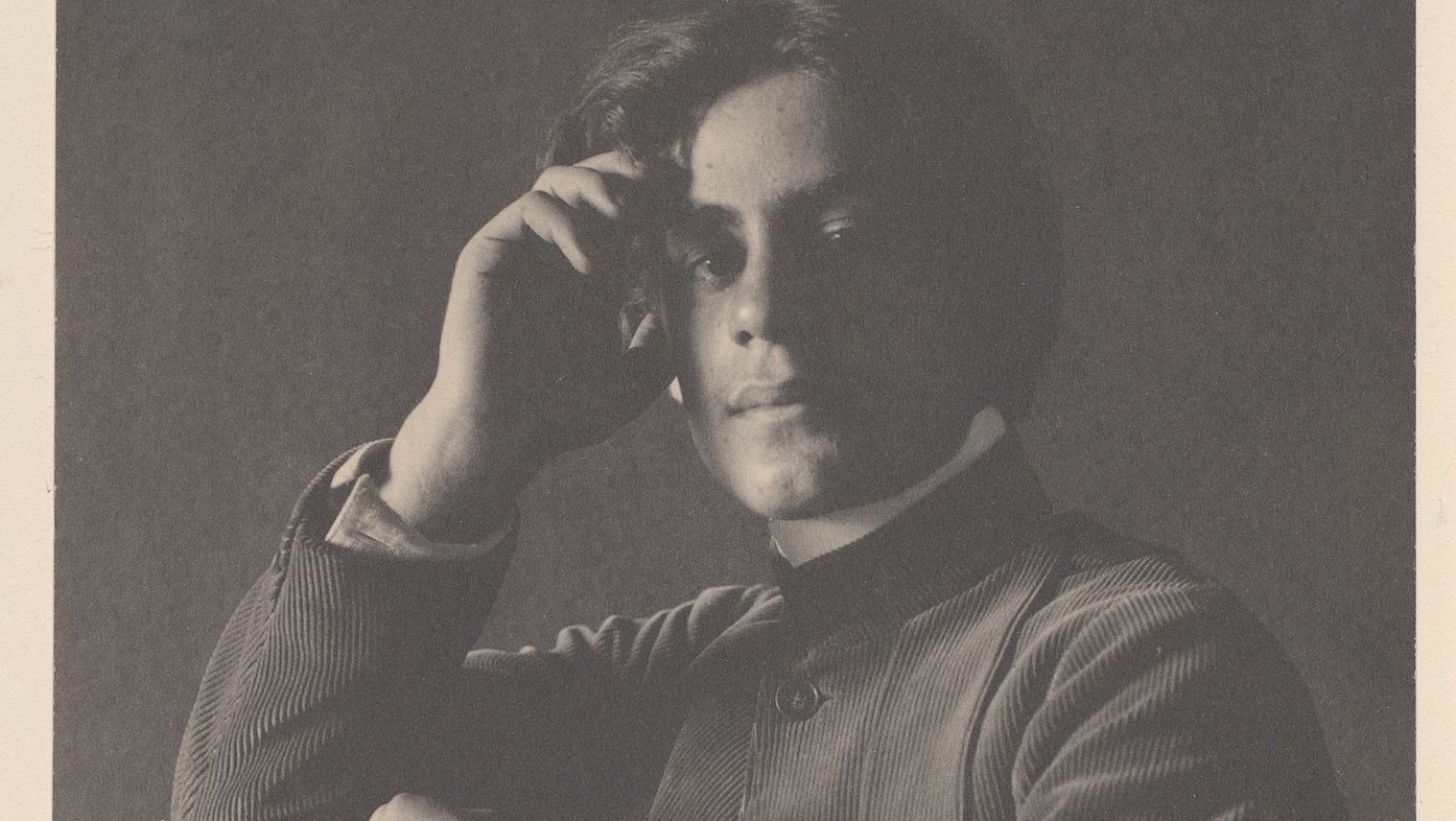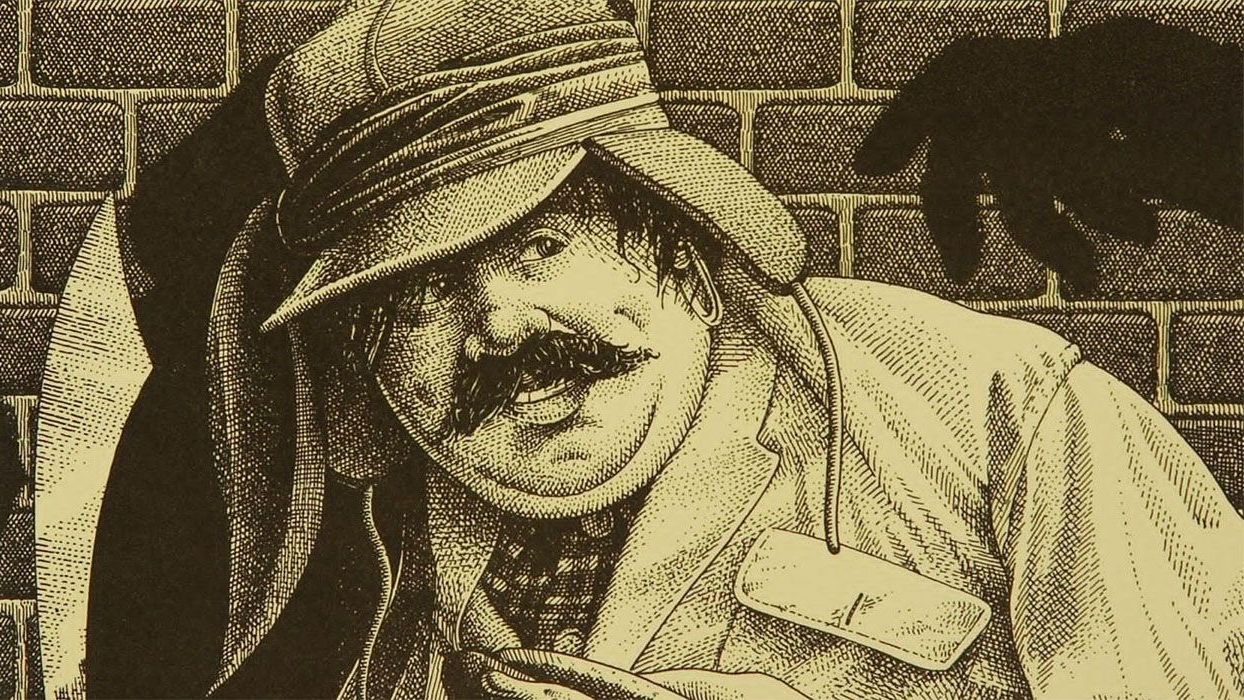Death & Co.—The Demise of Nicholas Hughes
Whatever the angle, the media frenzy—such as it is in the poetry world—over the death of Nicholas Hughes is distasteful and irresponsible.
Hughes, the son of canonical poets Sylvia Plath and Ted Hughes, killed himself last week. Since then, blogs and papers on all sides of the literate Anglophone world have either a) eulogized the academic and marine biologist, b) attempted a dissection of his depression, c) run with the continuing story of Plath’s suicide, or d) all of the above.
Plath took her life in 1963, after endowing the world a stunning body of work, much of which dealt with the impulse towards self-slaughter. Her relationship with her husband, her sad death, and his subsequent remarriage to Assia Wevill, another suicide, have become literary legend—engendering a disturbing fascination with the morbid details and, finally, an execrable Gwyneth Paltrow biopic.
It’s clear, though, that Nicholas didn’t want to be part of the ongoing narrative. He lived in Alaska, where he dedicated his life to the study of salmonids. He never wrote a book about his parents. Until two days ago, he didn’t even have a Wikipedia page.
But the breathless media meditations on his death, particularly from the British press, have made a man who by all accounts lived, and probably wanted to die, privately into a public figure. Some have even perversely translated Nicholas’ death into a poetic act.
Fleet Street has called it, in one blogger’s précis, The Curse of Plath. Women on the Web ran a story asserting bluntly that the 47-year-old Hughes had “long suffered from the depression that plagued” his mother, as if it were a strain of the flu. More than one paper has disastrously misread Plath’s haunting “Nick and the Candlestick” as a prognostication of her infant son’s eventual demise. Last night, the Times posted a panel of very smart people ruminating pointlessly on the man’s death and linking it aimlessly with his mother’s.
And, somewhat predictably, the tragic story has spawned a paroxysm of spurious and anecdotal “science pieces” reviewing ancient studies into whether a tendency toward suicide is hereditary.
A good friend of mine, who happens to be a poet, has only semi-ironically proposed what he calls “Nicholas’ Law”: the media should not report on suicides unless the victim is a bona fide celebrity. Of course, I realize it’s an impossible, maybe even a slightly Orwellian, goal. I also realize the folly of fanning the story further with this post. But it seems to me impossible for a feeling person to read the above roundup of stories without thinking that even the gentlest of them rob their subject of some of his dignity.
In Lady Lazarus, one of the best known poems in Plath’s immortal collection Ariel, the poet writes directly of coming back from her suicide attempts. “The second time I meant / To last it out and not come back at all. / I rocked shut / As a seashell.” Today, the lines sound almost like a plea for privacy. For Plath, an often autobiographical poet who achieved international renown in her lifetime, that may have been infeasible. But Nicholas Hughes deserved better than to have journalists render his death—to borrow Plath’s word—“theatrical.”




